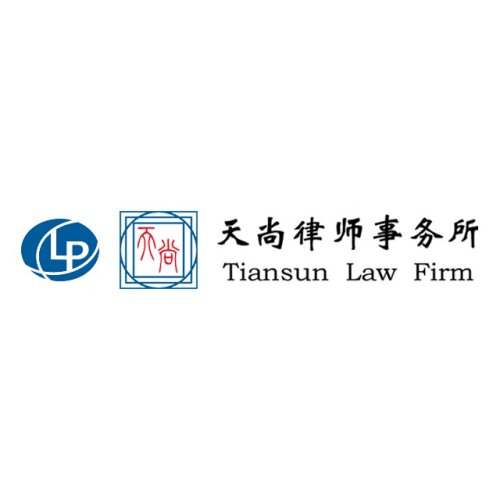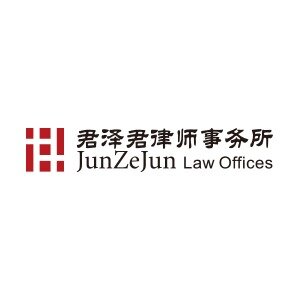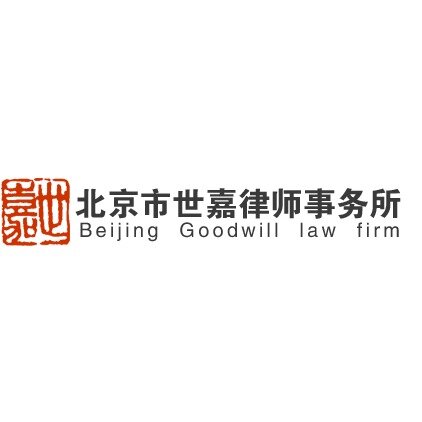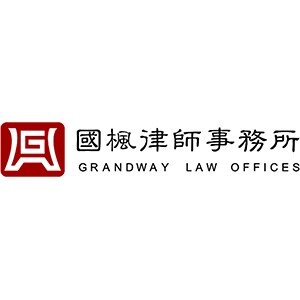Best Mortgage Lawyers in Beijing
Share your needs with us, get contacted by law firms.
Free. Takes 2 min.
Free Guide to Hiring a Real Estate Lawyer
List of the best lawyers in Beijing, China
About Mortgage Law in Beijing, China
Mortgage law in Beijing, China, falls under the broader framework of property laws governed by national legislation with specific Beijing adaptations. Mortgages are legally recognized agreements where property, both real and personal, is utilized as security for the repayment of a debt. The local real estate market in Beijing is vibrant and competitive, often resulting in complex legal scenarios regarding property ownership and financing. Therefore, understanding the mortgage laws in this region is crucial for prospective homeowners, real estate investors, and financial institutions.
Why You May Need a Lawyer
There are several situations where professional legal advice might be necessary for mortgage-related matters in Beijing:
- Negotiation and Documentation: Expert guidance can be invaluable in drafting, reviewing, and negotiating mortgage contracts, ensuring all legal terms and conditions are fair and beneficial.
- Dispute Resolution: Disagreements over terms, repayments, or property rights may require mediation or legal intervention to reach a resolution.
- Foreclosure Issues: Navigating the laws related to foreclosure can be complex, and a lawyer can help protect your rights and negotiate alternative solutions.
- Compliance and Regulatory Issues: Legal expertise ensures adherence to local and national regulations, helping avoid fines and legal penalties.
- Fraud Prevention and Resolution: Lawyers can provide assistance in cases of suspected mortgage fraud, ensuring an investigation and recourse if necessary.
Local Laws Overview
The mortgage laws in Beijing are influenced by national legislation such as the Property Law of the People's Republic of China, which outlines the rights and duties of parties involved in real estate transactions. Key aspects include:
- Loan-to-Value Ratios: Regulations dictate the maximum percentages of property value that can be financed through a mortgage loan.
- Interest Rates: Governed by policies set by the People's Bank of China, which can directly influence mortgage affordability.
- Contract Validity: Mortgages must be officially registered to be legally binding and enforceable.
- Foreclosure Process: The legal pathway for lenders in case of borrower defaults is outlined in local and national laws.
- Down Payment Requirements: Varying regulations for first home, second home, and investment properties.
Frequently Asked Questions
What is a mortgage in Beijing?
A mortgage in Beijing refers to a loan where real estate is used as collateral. It is a legally binding contract between the borrower and the lender, outlining repayment terms and conditions.
Do I need a lawyer to purchase property with a mortgage in Beijing?
While not legally required, hiring a lawyer can help ensure that all legal documents are in order, protect your rights, and facilitate a smooth transaction process.
What happens if I default on my mortgage in Beijing?
If you default, the lender has legal rights to initiate foreclosure, where your property can be repossessed and sold to recover the owed amount.
How are interest rates determined for mortgages in Beijing?
Interest rates are mainly influenced by the People's Bank of China, considering the current economic conditions. Lenders may also offer varying rates based on borrower credibility and market competition.
Can foreigners obtain mortgages in Beijing?
Yes, foreigners can obtain mortgages in Beijing, though certain conditions and restrictions apply, such as residency status and property types.
What are the typical mortgage terms in Beijing?
Mortgage terms can range from 10 to 30 years, with varying fixed or adjustable interest rates based on lender offerings and borrower qualifications.
Are there any tax advantages associated with mortgages in Beijing?
While homeowners may benefit from deductions related to property tax, specific mortgage-related tax advantages are limited and vary annually based on governmental policy adjustments.
How important is the property valuation in the mortgage process?
Valuation is crucial as it determines the maximum loan value. Overvaluation or undervaluation can significantly impact the borrowing terms or even the feasibility of obtaining a mortgage.
What should be included in a mortgage contract in Beijing?
A mortgage contract should detail the loan amount, interest rate, repayment schedule, property details, legal rights of both parties, and terms in case of default.
Can I refinance my mortgage in Beijing?
Yes, refinancing is possible and can be beneficial if it offers lower interest rates or changes in payment terms that favor the borrower’s financial situation.
Additional Resources
For those seeking further information or legal advice regarding mortgages in Beijing, consider these resources:
- Beijing Municipal Commission of Housing and Urban-Rural Development: Provides updates and guidelines on housing policies and regulations.
- People's Bank of China: Offers insights into financial regulations and monetary policy, affecting interest rates.
- China Law Society: A resource for understanding general legal norms and obtaining contacts for legal professionals.
- Local Real Estate Agencies: Can provide firsthand market insights and connect you with knowledgeable legal practitioners.
- Law Firms Specializing in Real Estate: Offer expertise in handling mortgage and property law cases in Beijing.
Next Steps
If you need legal assistance concerning mortgages in Beijing, consider the following steps:
- Identify Your Needs: Clearly define the legal help you need, whether it is for contract review, dispute resolution, or foreclosure prevention.
- Research Potential Lawyers: Look for professionals specializing in real estate and property law with positive client reviews and relevant experience.
- Schedule Consultations: Meet with prospective lawyers to discuss your case and evaluate their expertise and approach.
- Evaluate Fees and Costs: Be sure you understand the fee structure, including any upfront costs or contingency fees.
- Engage Services: Once satisfied, formally engage the lawyer's services and provide them with all necessary documentation.
- Communicate Regularly: Maintain open communication to ensure you remain informed and involved in all legal decisions throughout the process.
Lawzana helps you find the best lawyers and law firms in Beijing through a curated and pre-screened list of qualified legal professionals. Our platform offers rankings and detailed profiles of attorneys and law firms, allowing you to compare based on practice areas, including Mortgage, experience, and client feedback.
Each profile includes a description of the firm's areas of practice, client reviews, team members and partners, year of establishment, spoken languages, office locations, contact information, social media presence, and any published articles or resources. Most firms on our platform speak English and are experienced in both local and international legal matters.
Get a quote from top-rated law firms in Beijing, China — quickly, securely, and without unnecessary hassle.
Disclaimer:
The information provided on this page is for general informational purposes only and does not constitute legal advice. While we strive to ensure the accuracy and relevance of the content, legal information may change over time, and interpretations of the law can vary. You should always consult with a qualified legal professional for advice specific to your situation.
We disclaim all liability for actions taken or not taken based on the content of this page. If you believe any information is incorrect or outdated, please contact us, and we will review and update it where appropriate.

















